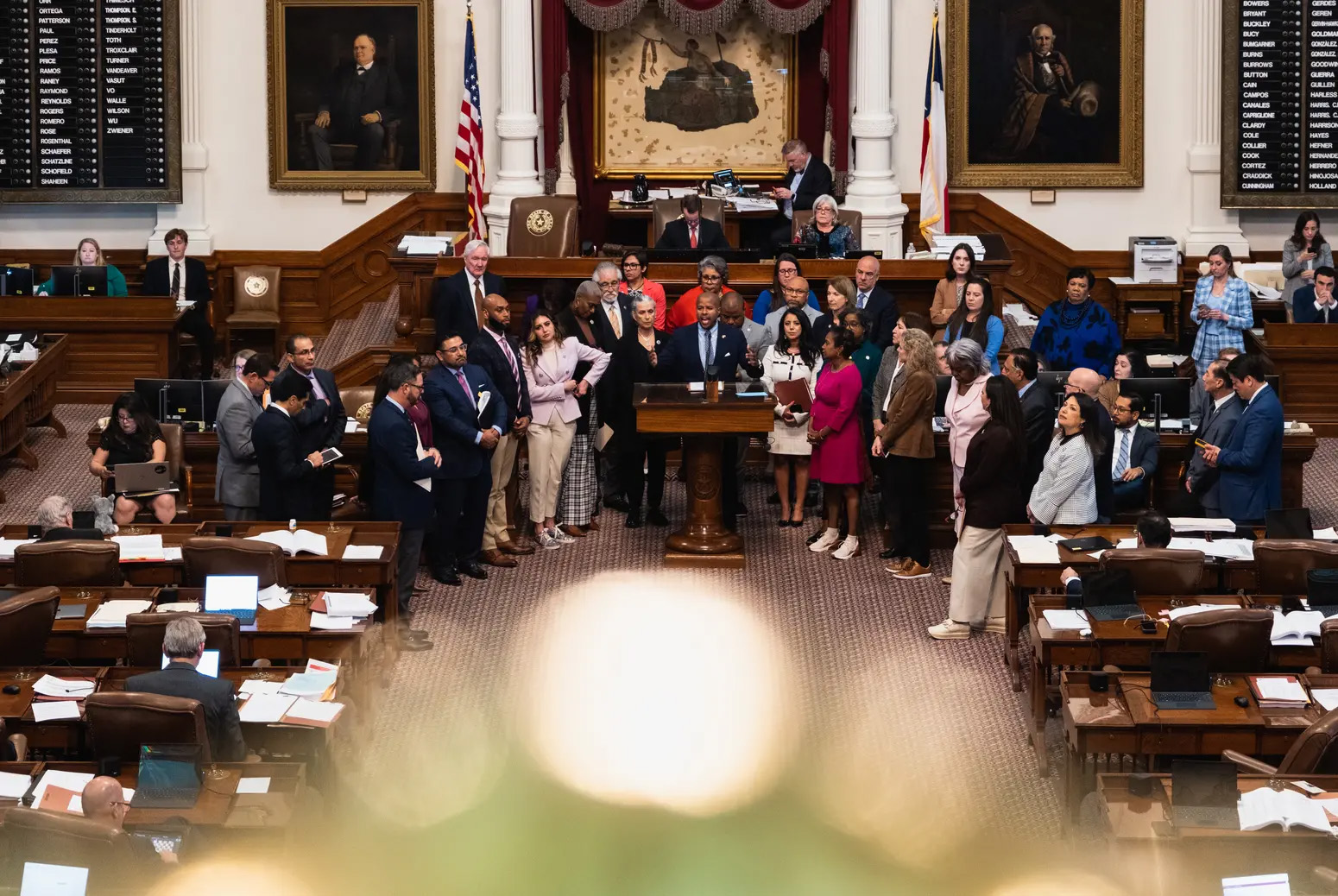From the Texas Tribune:
When state lawmakers released a final version of the budget for the next two years, they included $700 million extra in state funding for Texas’ public universities.
University leaders requested extra funds at the start of the session and agreed to keep tuition flat for undergraduate students for the next two years if the state provided the financial boost.
But budget writers included an additional caveat.
Universities would get this extra money only if two pieces of legislation became law: Senate Bill 17, which banned diversity, equity and inclusion offices in Texas higher education, and Senate Bill 18, the proposal to ban or overhaul tenure. By the end of the regular session, both bills were sent to the governor for approval.
Texas faculty leadership groups said they were “shocked” by lawmakers’ decision to link this funding to the passage of those two bills, where were priorities of Lt. Gov. Dan Patrick.
But it was illustrative of the central tension that underscored the conversations about higher education this session: As public universities and their allies sought a slice of the state’s historic $32.7 billion budget surplus, they also had to tiptoe through the politics of several contentious bills that critics say will have detrimental impacts on Texas’ higher education.
In addition to the $700 million, the state invested more than $650 million this year in community colleges as part of an agreement to start funding these schools based on student outcomes. Four public universities will benefit from a new $3 billion endowment created to help them expand their research activities. The state’s two flagship universities in Austin and College Station got nearly $700 million to invest in facilities that research and develop microchips.
But while university leaders tried to secure the funding, they remained broadly silent on the measures to ban DEI initiatives and rein in tenure, much to the disappointment of students and faculty.
“We are disheartened at what we perceive to be deliberate silence by Texas university leaders in response to the anti-tenure and anti-DEI bills,” students with the group Texas Students for DEI said, calling on universities to step up and protect DEI employees whose jobs might be at risk now that the bill has been sent to the governor.
“By standing up for DEI, our university leadership affirms their dedication to upholding values that make our universities places of academic excellence and community,” the group said.














